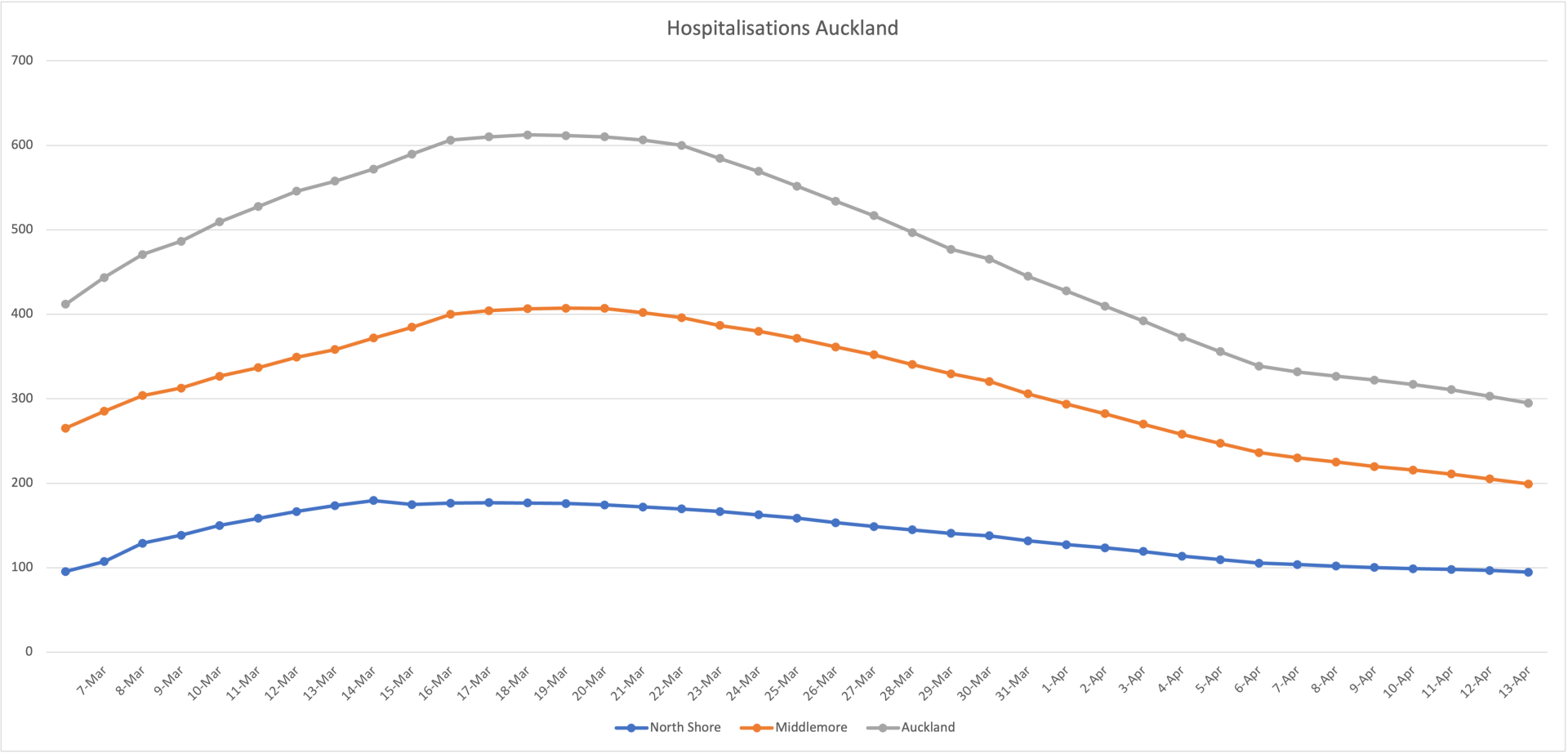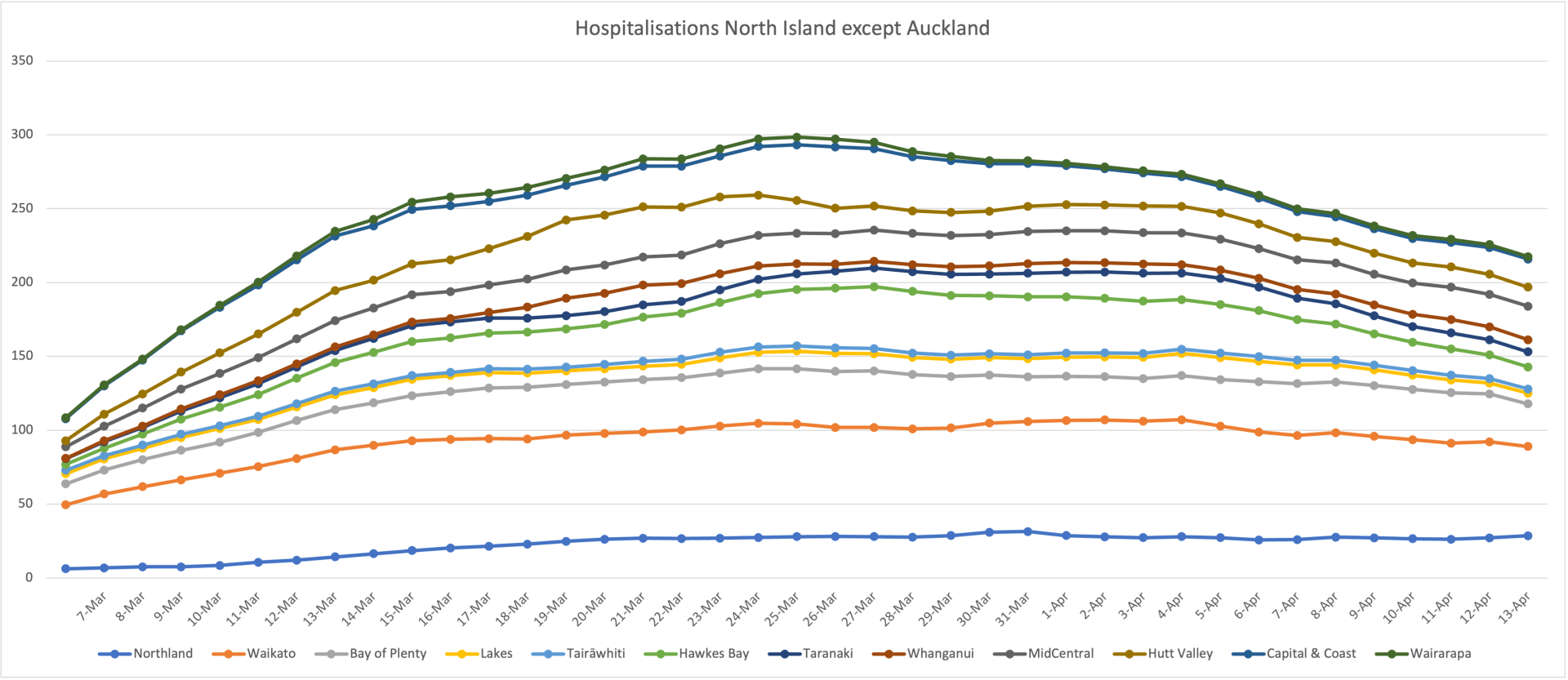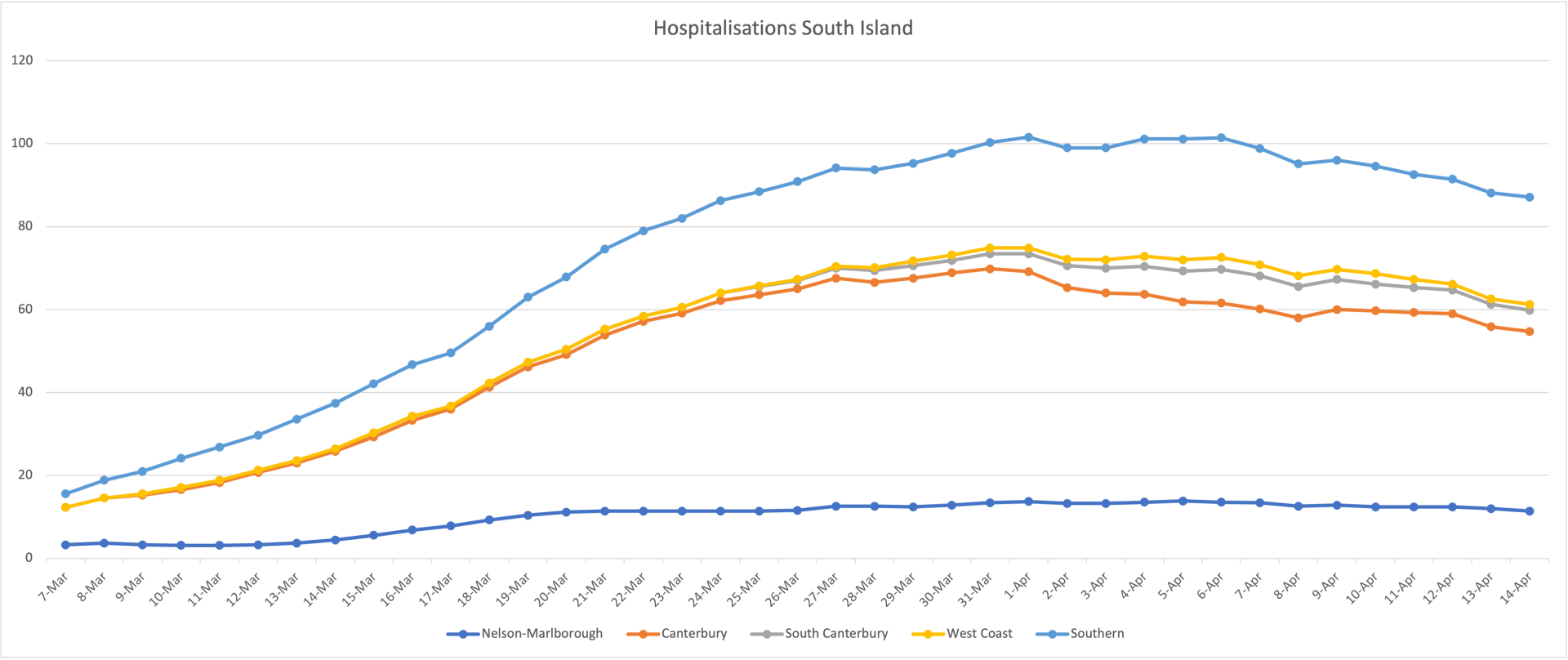FB – my actions & reactions


I have participated in Facebook for a number of years, for a variety of reasons, including:
- It is informative to participate in some form of social media because social media is an important current form of communication. Staying away from social media entirely because of its potential for harm, is about as sensible as staying away from the telephone was when it was introduced. People thought phones might explode. People were scared other people might listen in (they did on party lines). People were scared that holding phones by their heads might make them ill, or mad ( remember the fear around brain cancer from cell phones that now has died away based on collection of evidence ?). Social media is here, for all its goods and ills, and ignoring it just makes one ignorant of reality.
- When I was first looking at social media, and there were fewer platforms and I preferred Facebook over Twitter because on FB one could write a meaningful amount of text. The scale of Twitter feeds seemed enormous while the lack of context or depth rendered many tweets meaningless (not saying that most FB posts are meaningful!). I also like the FB mix of text with image – Instagram and Snapchat are great for images, but I am much more of a words based person. In the same vein, I can read so much faster than I can watch videos, that TikTok and YouTube generally don’t appeal to me for acquiring social information. I want to get the most information in the least time (though I do watch videos sometimes on 1.5x or 2x speed).
- I like being able to post something that is available to a whole lot of people I know, rather than having to send the same information to multiple different people.
- I like being able to follow other people’s stories easily, so when I see people after a break in time I feel like I know what is going on in their lives.
Like any activity, checking social media can gradually take over more of your time without you really noticing. Social media, email (and smart phones in general) work on the intermittent reward principle. I imagine most of you know the story of Pavlov’s dogs, but just in case you have forgotten… In the 1890s, a Russian researcher called Pavlov was interested in what animals learned to do, versus what behaviour was hard-wired into them. Pavlov treated a bunch of research dogs rather badly (there was no-one thinking about animal ethics in the 1890s) to investigate what triggers dogs salivate and whether it was instinctive or learned. Pavlov predicted dogs would salivate when food was placed in front of them and found he was correct – salivation for food was instinctive. Then Pavlov noticed his dogs would salivate whenever they heard the footsteps of his assistant who brought the dogs food. The dogs had learned to associate food with the assistant therefore salivated even when they didn’t see food. However, this association was lost if the assistant stopped bringing food entirely.
A next step in understanding learned behaviour was developed in the early 1900s. An American psychologist called BF Skinner came up with a theory about how our behaviour is reinforced through experiences in life and how some methods of reinforcement are more successful than others. Pavlov reinforced his dogs salivation behaviour in regard to his assistant walking, by the assistant feeding the dogs lots of times. However, if the assistant stopped giving the dogs food, they stopped salivating. What Skinner discovered was that the best approach is to drum in the association between food and assistant is for the assistant to sometimes give the dogs food. Not food all the time, just sometimes, and at unpredictable intervals. Email, and social media, give you that hope of excitement every time you look at your phone screen or open a message, together with the unpredictability of when you will receive information that you like. Technology sellers have the principle of intermittent rewards down pat.
Like every other human on the planet, I am susceptible to intermittent reward stimuli and had got to the point of checking my FB feed more than might make sense, given the number of activities I want to fit in a day. So what was the answer to my spending too long on FB? I had long ago shut off notifications, so I don’t feel the need to disappear the red blob on the FB icon on my phone screen by opening the app. I decided to ration myself to checking FB once a day, generally late afternoon. I also decided that my checking could consist of reading through relatively recent items (particularly if I miss a few days because I am in the back country I do not go through everything I ‘missed’).
My limits have worked well. If I think of checking FB during the day I now find myself considering whether it this is the best time for my once a day check – is it long enough since I last checked that there will be sufficient interesting posts to see? Almost instantly, my reflex reaction to check and see if there is a single new post has disappeared.
Then another interesting thing happened. I started getting irritated by the idea of checking FB. Checking FB once a day feels like a chore, rather than something enjoyable (or essential). I have not yet managed to completely deconstruct this feeling. Is it because I find quite a lot of what is on FB annoying, given that I am very frustrated by people posting information without checking sources and frequently posting material that is patently untrue and sometimes deliberately misleading? So if I check FB only once a day, I find more annoyance than pleasure in the process? I think this is part of the reason, but not all of it. There is some other trigger in there that I will have to keep considering to figure it out.
In the meantime, I am applying my approach to other aspects of using my phone…only open Word with Friends once a day to play the single game I play with a single friend. Only once a day to read news articles. The Economist is a news source I particularly like because they only post once a day, so there is no temptation to go back because again in the day because there will be nothing new. It’s frustrating though – even with my curbs, there still aren’t enough hours in the day to get everything done! Next investigation a time machine (following in the footsteps of Hermione Granger)?
For people who like data more than social media, here is a pictorial representation of the change of people hospitalised with COVID-19 for March and April. I am showing hospitalisations rather than cases, as these are now a more meaningful representation of the impact of COVID on a region than numbers of cases. The graphs are all 7 day rolling averages to smooth the data. Note that the X axes are at different scales, depending on peak hospitalisations. I wish the Ministry of Health would provide these graphics me but they only provide the data for me to tabulate.
What I find particularly interesting is:
- Auckland hospitalisations peaked mid March and Auckland is definitely past the peak. Hospitalisations are still declining but very slowly now.
- Hospitalisations in the NI outside of Auckland generally peaked around the last week of March and are now declining, except in Northland.
- Hospitalisations in the SI peaked in the first week of April and are now declining slowly.
- The higher the peak number of hospitalisations, the faster the reduction in the number. I wonder if this is related to the density of people in locations – the fewer people there are, the longer it takes them to contact each other, the slower the spread of COVID, and the longer it will take for the wave to wash through.









